We need to hear the excuses men make to themselves for their worthlessness

We need to hear the excuses men make to themselves for their worthlessness
Margaret Fuller, a prominent 19th-century feminist and writer, was a fierce advocate for women's rights and equality. In her work, she often critiqued the societal norms and expectations that limited women's potential and relegated them to a position of inferiority. However, Fuller also recognized the ways in which men were complicit in perpetuating these oppressive systems, and she called on them to examine their own behavior and attitudes towards women.One of the key issues that Fuller addressed was the excuses that men made to themselves for their own worthlessness. In a patriarchal society that values strength, power, and dominance, men often feel pressure to conform to rigid gender roles that can be damaging to both themselves and those around them. Fuller believed that men needed to confront their own insecurities and fears in order to break free from these harmful patterns of behavior.
One common excuse that men make for their worthlessness is the belief that they are inherently superior to women. This mindset is deeply ingrained in many cultures and has been used to justify the subjugation of women for centuries. Men may tell themselves that they are more rational, more capable, or more deserving of respect simply because of their gender. Fuller challenged this notion, arguing that true worth and value come from individual character and actions, not from arbitrary distinctions based on sex.
Another excuse that men often make for their worthlessness is the idea that they are entitled to certain privileges and advantages simply because of their gender. This entitlement can manifest in a variety of ways, from expecting women to perform unpaid labor in the home to feeling entitled to women's bodies and attention. Fuller believed that men needed to recognize and challenge these harmful attitudes in order to truly live up to their potential as human beings.

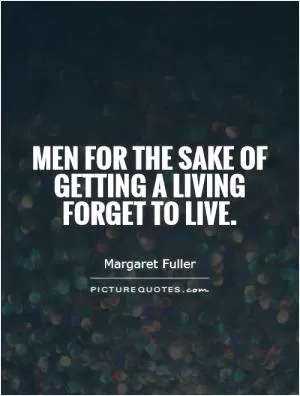

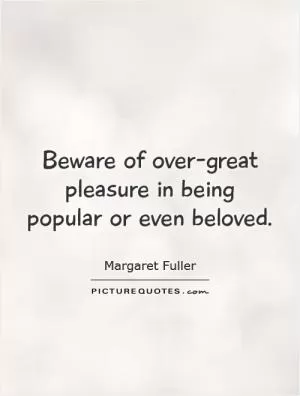
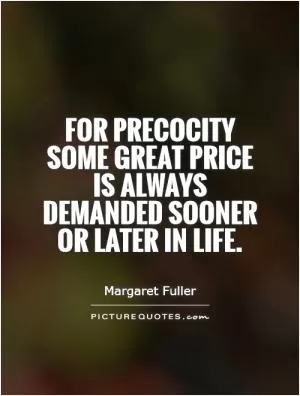


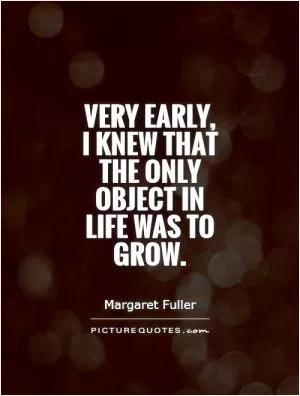

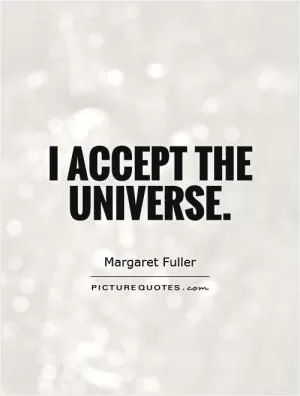


 Friendship Quotes
Friendship Quotes Love Quotes
Love Quotes Life Quotes
Life Quotes Funny Quotes
Funny Quotes Motivational Quotes
Motivational Quotes Inspirational Quotes
Inspirational Quotes